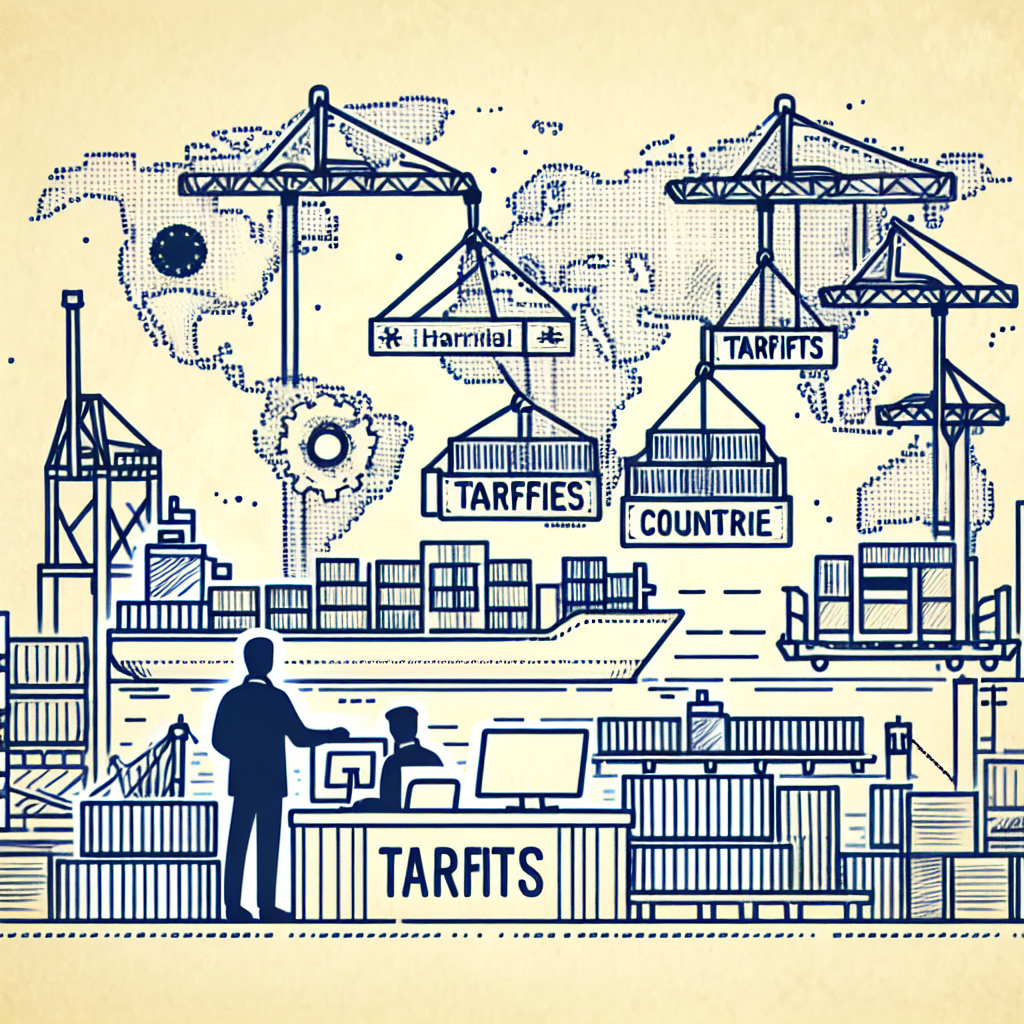Tariffs represent one of the most discussed issues in the global economic landscape. They are essentially a tax on imports or exports between sovereign states and play a critical role in the world of international trade. Tariffs are used to increase the cost of imported goods and services, making them less attractive to domestic consumers, thereby protecting the domestic industry from foreign competition. Understanding the significant impacts of tariffs on global trade can offer insights into the complexities of world economics.
The Rationale Behind Tariffs
Countries enforce tariffs for multiple reasons. Primarily, they aim to protect domestic industries, especially those deemed vital for national security, from foreign competition. For instance, a country might impose tariffs on imported steel to ensure its own steel industry thrives.

This approach is guided by the belief that such protection will shield domestic businesses from the vicissitudes of global markets, thereby safeguarding local jobs and promoting economic stability.
Tariffs are also used as a tool for retaliation. If a country believes that a trading partner has not played by the rules, it may impose tariffs as a form of economic sanction.
Moreover, tariffs are sometimes used as a bargaining tool during trade negotiations. By threatening to impose or increase tariffs, countries can often pressure their trade partners into making concessions.
The Impact on Prices and Consumers
While tariffs may appear to protect domestic industries, they often have unintended consequences. As they raise the cost of imported goods, they can lead to increased prices for consumers.
Everything from clothing to electronics to cars can become more expensive.
Even if consumers buy from a domestic provider, prices may still rise due to reduced competition.
Moreover, companies that rely on imported raw materials might also experience higher production costs due to tariffs. This could lead to job losses in industries that utilize these materials, negating some of the intended protective effects of tariffs.
The Effect on Global Trade
On a broad scale, tariffs can significantly impact global trade. They can trigger a chain reaction where one country’s tariffs lead another to retaliate, resulting in what’s often called a trade war.
This cycle can disrupt the global trading system and lead to economic uncertainty, which can, in turn, discourage investment and slow economic growth.
The Role of International Trade Organizations
International trade organizations like the World Trade Organization (WTO) play a vital role in regulating tariffs and mediating trade disputes. The WTO’s rules are designed to encourage open, fair trade and discourage the use of excessive tariffs.
By arbitrating trade disputes, these organizations aim to prevent destructive trade wars and promote global economic stability.
Final Thoughts
While tariffs can temporarily protect certain industries, they often have far-reaching negative impacts on the economy and consumers. Hence, a balanced approach to trade policy, one that safeguards domestic industries without excessively disrupting global trade or burdening consumers, is necessary. Trade is a complex matter, requiring constant negotiation and adjustment. Understanding the role of tariffs in this context is essential for anyone interested in the global economic landscape.